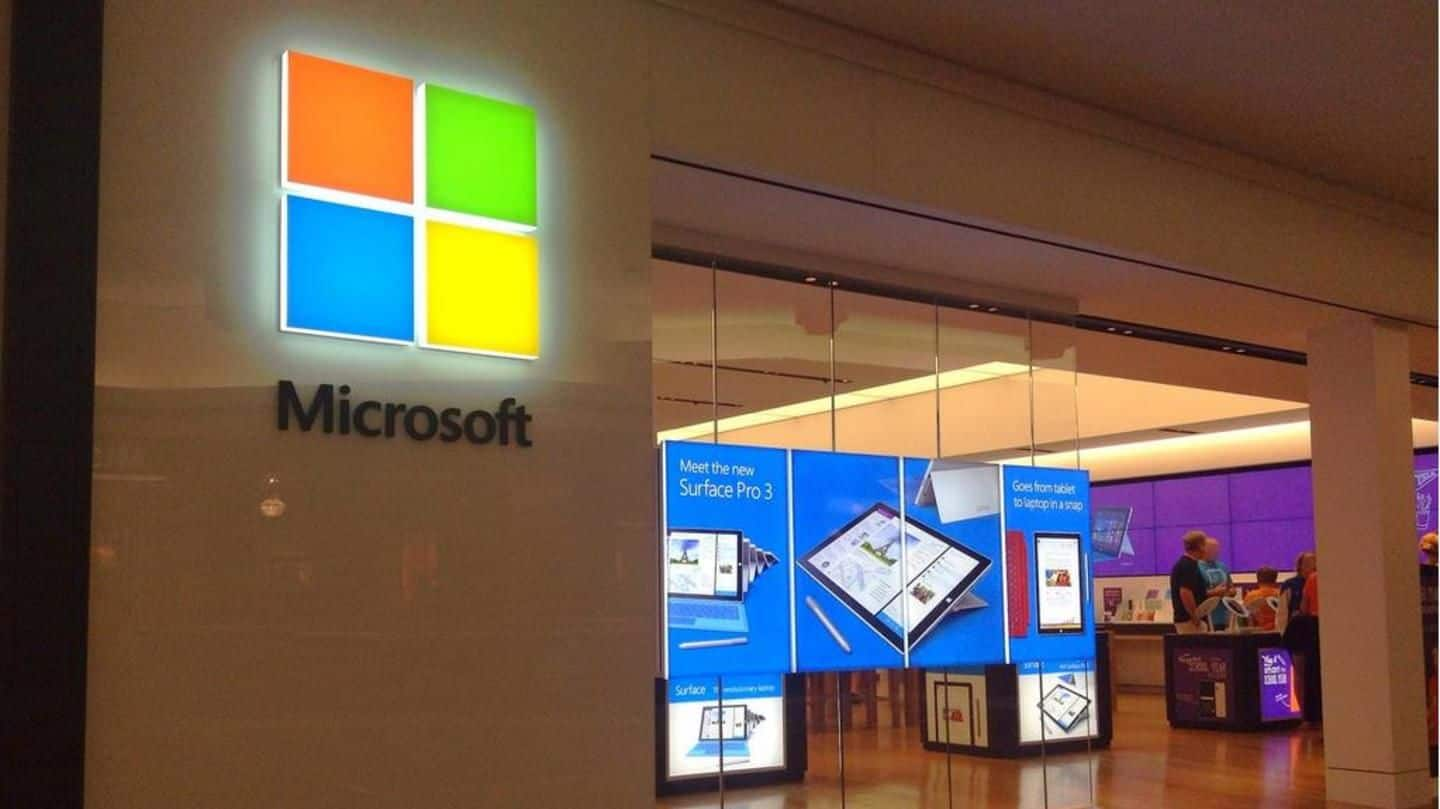
Microsoft acquires GitHub: Is this the end of open-source software?
What's the story
Microsoft has acquired world's largest open-source code repository website, GitHub for a whopping $7.5 billion in an all-stock deal. While the acquisition of GitHub is undoubtedly a massive catch for Microsoft, not everyone's happy about the deal, especially open-source developers, considering Microsoft's track record of working behind closed doors. But, are the fears justified? Probably not, considering the reforms Satya Nadella brought to Microsoft.
Definition
What is GitHub?
GitHub is an online service that allows developers to host codes in the cloud. It's home to a huge number of open-source projects. As of 2017, GitHub had 20 million users and 57 million repositories, thereby making it the largest global host of source code.
The old Microsoft
Alarmist reactions from developers are understandable
It's not surprising to see alarmist reactions about the deal from the open-source developers. Microsoft has traditionally been against open-source software, and has seen several lawsuits against it in the US, and in Europe, for abusing its position as a market-leader to wipe out competition. Yet, it would be fallacious to assume that Microsoft in 2018 is the same as it was in 1998.
Twitter Post
An example of the reactions from open-source developer
As a strategic move, I completely respect #Microsoft and #GitHub - this is probably a smart business move for both.
— James Walker (@jheronwalker) June 4, 2018
But as an open-source developer (and not just GitHub user) this is alarming. A company that has been established, on license fees, buying the home of open-source.
The Nadella era
Satya Nadella's rule has brought unforeseeable change in Microsoft
Since Nadella's arrival, Microsoft has increasingly embraced open-source, marking a notable shift from its earlier, secretive ways. Since 2014, Microsoft open-sourced major software products like the .Net framework, Visual Studio Code, and Typescript. It also joined the Linux Foundation, and became an official sponsor to the Open Source Initiative. Notably, in the Nadella era, Microsoft has also emerged as the biggest contributor to GitHub.
Branding
Will GitHub lose its distinctive identity? It's quite unlikely
Many are also afraid that the acquisition might lead to GitHub losing its distinctive brand identity and getting absorbed by Microsoft. However, if one looks at Microsoft's 2016 acquisition of LinkedIn, nothing really changed for users - it's never apparent that LinkedIn is a Microsoft product. LinkedIn also retained most of its autonomy and identity. In fact, pre-acquisition CEO Jeff Weiner still heads LinkedIn.
Goodwill
A shift towards openness has generated a lot of goodwill
Since arriving at Microsoft, what Nadella essentially did was bring about a sense of openness about Microsoft and its work. Nadella's shift towards embracing open-source saw Microsoft getting good and favorable PR coverage, and restored the company in its position as the most innovative in the world. Therefore, it's unlikely that Microsoft would undermine four years' worth of good work by absorbing GitHub.